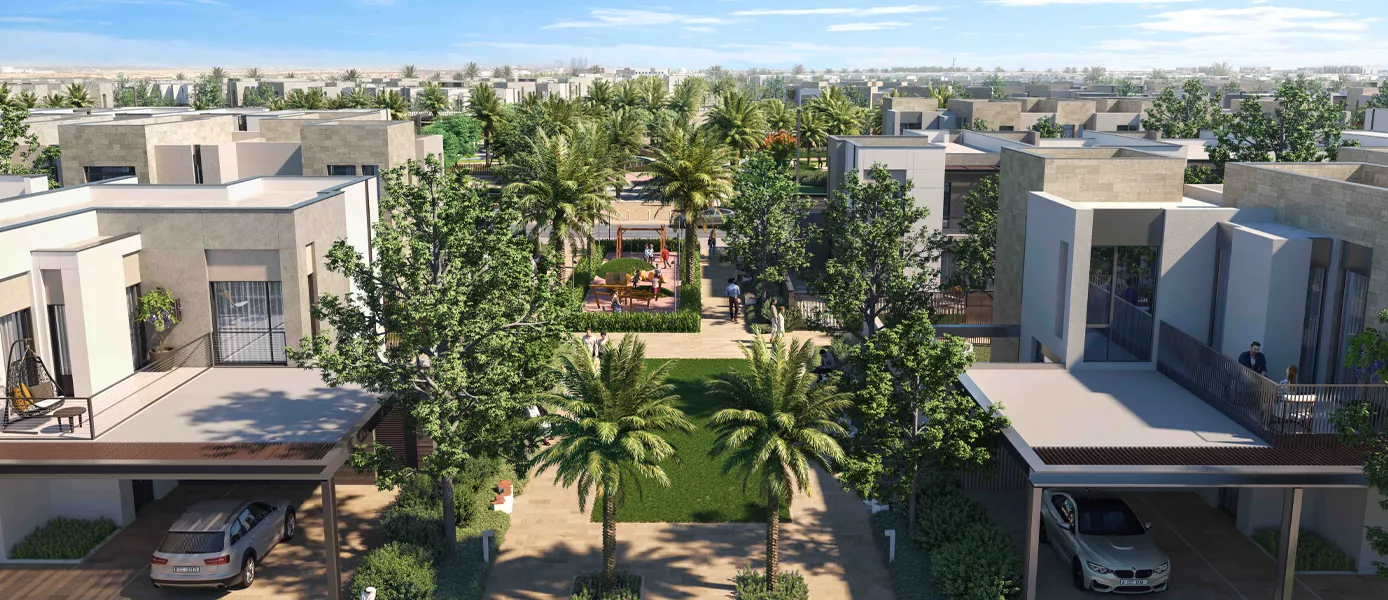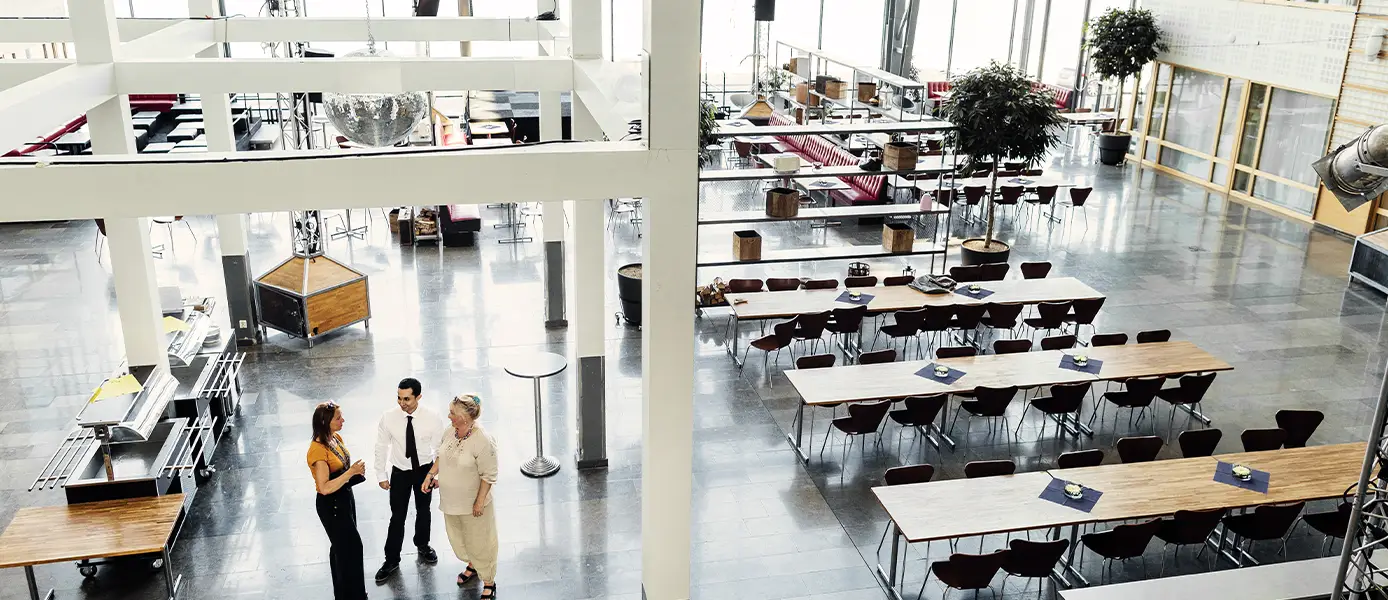The first road in Saudi Arabia to use recycled construction and demolition waste in its asphalt mixture was built by the Roads General Authority (RGA), in partnership with the National Centre for Waste Management (MWAN) and Al Ahsa Municipality. C&D waste was used in the project to pave a road in the Al Ahsa Governorate with asphalt. At RGA’s research centre, extensive research was done to guarantee the performance of asphalt and gravel layers that contained aggregates made from crushed construction and demolition waste materials that came from the environmental landfill in Al Ahsa.
The Road Network in Saudi Arabia
Saudi Arabia has a strong road network that connects all of its regions and major cities via easy routes because of the Kingdom’s strong commitment to building and developing its road system. As a result, Saudi Arabia boasts an extensive road network that is designed in accordance with international standards, spanning over 73,000 kilometres. The Kingdom’s standing as a global leader in road connectivity has increased as a result. Saudi Arabia has achieved a high ranking of 5.7 in the Road Quality Index (RQI) for 2023 as a result. Saudi Arabia is now ranked fourth out of the G20 nations.
Saudi Arabia has started a number of projects to encourage sustainability in the road industry. These include encouraging the sale of electric vehicles (EVs), electrifying public transport, and implementing incentive schemes to persuade people to switch to environmentally friendly vehicles instead of private vehicles. The first hydrogen-powered bus was most recently introduced in the Al-Ahsa Governorate of Saudi Arabia. It is a component of a number of creative initiatives to advance transport services in the Kingdom. These projects include Jeddah’s first hydrogen-powered taxi and SAR’s first hydrogen-powered train in the MENA region.
Supporting Road Sustainability
The RGA is dedicated to accomplishing the goals of the National Transport and Logistics Strategy (NTLS), which emphasizes improving the road industry’s sustainability and safety. The NTLS promotes innovation and the uptake of cutting-edge technologies in order to achieve this.
Press Release
The press release claims that this project demonstrates the Kingdom’s dedication to sustainable environmental practices and effective infrastructure development. Utilising construction and demolition waste is in line with the Kingdom’s ambitious plan to shift to a circular economy, which calls for a 60% recycling rate of this type of waste by 2035.
Research
In order to assess the performance of asphalt and gravel layers that contain aggregates made from crushed construction and demolition debris obtained from the environmental landfill in the Al-Ahsa Municipality, RGA claimed to have carried out a thorough investigation at its research centre. A wider implementation of this sustainable paving technique is made possible by this fruitful partnership with MWAN.
Significant Impacts of the Project
Promoting Sustainable Practice
In addition to demonstrating the potential of recycled materials in road construction, the RGA pointed out that this partnership with MWAN paves the way for a broader implementation of sustainable paving techniques throughout the kingdom. The project minimises the environmental problems caused by waste accumulation, lessens dependency on raw materials, and lowers the cost of building and maintaining roads by using construction and demolition waste. The strategy demonstrates Saudi Arabia’s dedication to finding creative ways to make its infrastructure projects sustainable. This innovation is a major step towards developing an eco-friendly road industry, revolutionising the kingdom’s infrastructure development process, and serving as a model for sustainable practices globally.
The Circular Economy’s Advancement
In keeping with its vision to shift to a circular economy, this initiative helps Saudi Arabia reach its target of 60% recycling rate of construction and demolition waste by 2035. The kingdom lessens its dependency on raw materials, minimises waste production, and lessens the environmental effect of infrastructure projects by utilising recycled materials. RGA emphasised that this strategy not only solves environmental issues but also results in reasonably priced road building and upkeep. The kingdom’s road sector is anticipated to adopt this sustainable approach more widely as a result of the successful partnership with MWAN.
Harnessing Technology
Saudi Arabia has made using cutting-edge technologies to improve road safety and sustainability a top priority. The Kingdom, in collaboration with the International Road Federation, organised the first Road Safety and Sustainability Conference in Riyadh in November 2024. The conference, which had as its theme “Innovating for Tomorrow,” brought together more than 1,000 road officials and experts to talk about the significance of sustainability and road safety in the regional context. The most recent developments in technology and global best practices in the road industry were the main topics of discussion. Additionally, the ground-breaking role that AI and ITS play in advancing sustainable mobility, improving traffic control, enhancing vehicle safety, and lessening environmental impact was covered.
Increase the Strength of the Asphalt
Recycled plastic can strengthen the asphalt concrete mix after it has been mixed with asphalt. Recycled plastic is a cost-effective option because it can cut the amount of bitumen in the asphalt mix by up to 10%. Plastic is a sustainable and eco-friendly building material because it increases the stiffness of the asphalt mix and enhances the pavement’s overall performance and durability. Additionally, this lowers life cycle costs and the need for maintenance interventions. Furthermore, using plastic can raise the asphalt’s performance grade to withstand the Kingdom’s temperature problems and traffic volume.
The evaluation and implementation of the technology would not have been possible without T&ESD’s assistance. After the pilot project was finished, CSD acting manager Abdullah S. Al Humaid emphasised the value of using recycled materials as a cost-effective and environmentally friendly method of building new roads. He also urged Saudi Aramco and Kingdomwide to employ more of these applications.
Sami A. Al Ajmi, acting manager of T&ESD, emphasised the significance of this technology, which will better utilise plastic waste and advance the idea of a circular economy in the Kingdom.
The Kingdom exhibits its leadership in sustainable infrastructure by converting environmental obstacles into creative opportunities. This program improves environmental sustainability while lowering the environmental impact of waste accumulation and reliance on raw materials, which results in more affordable road construction and maintenance. According to the statement, “this represents a major step towards a more sustainable and environmentally friendly road sector in the Kingdom.”



